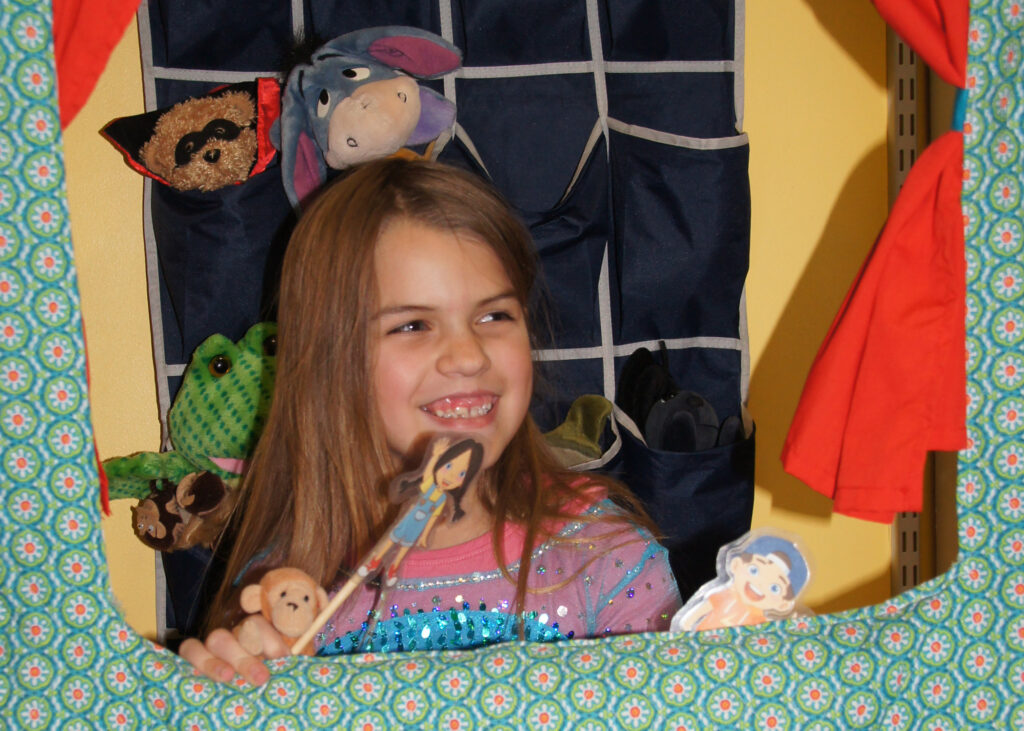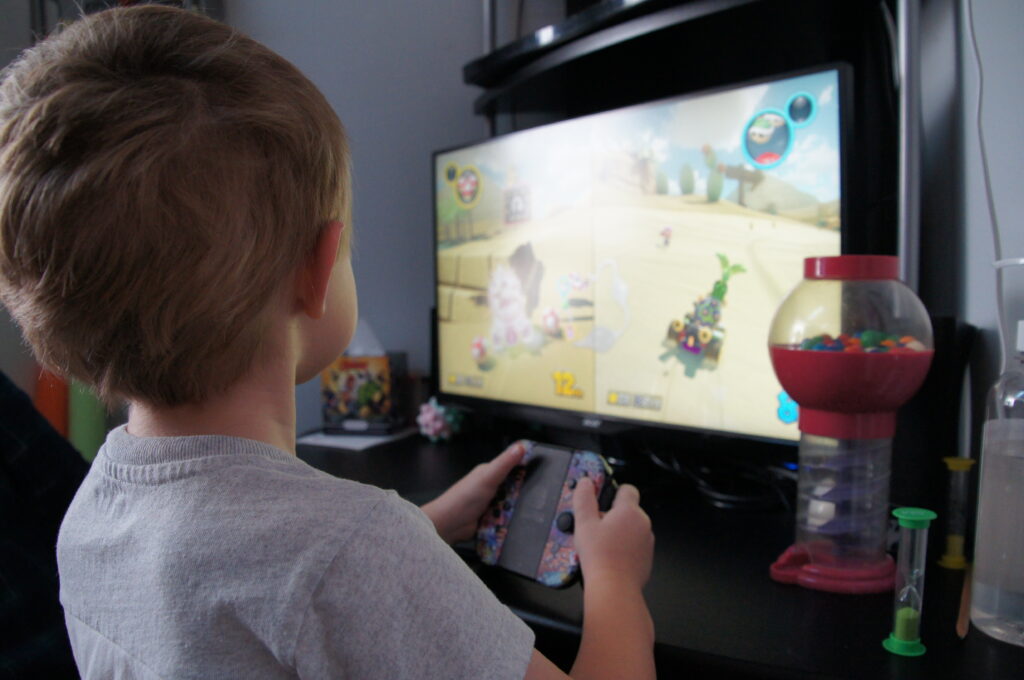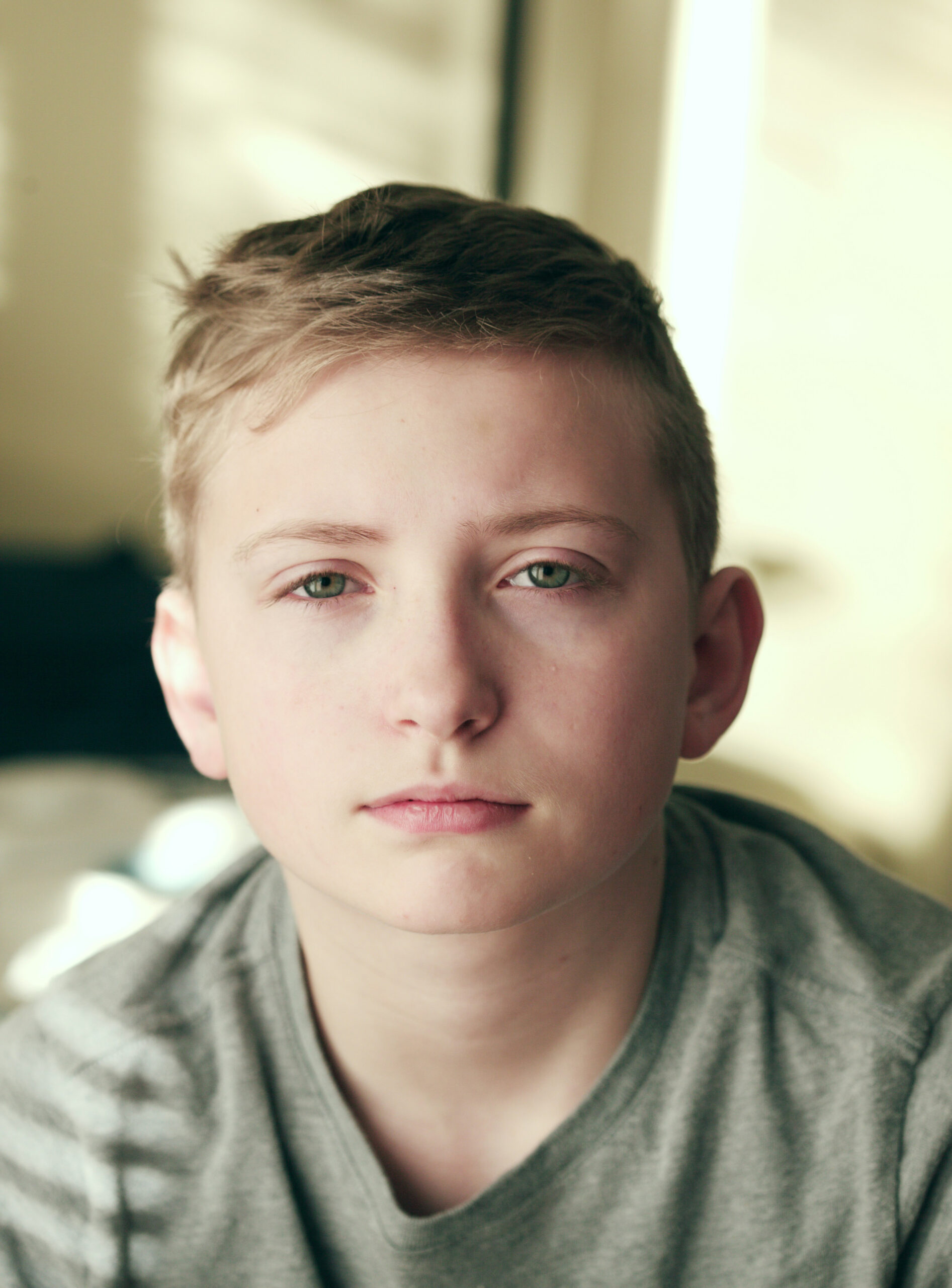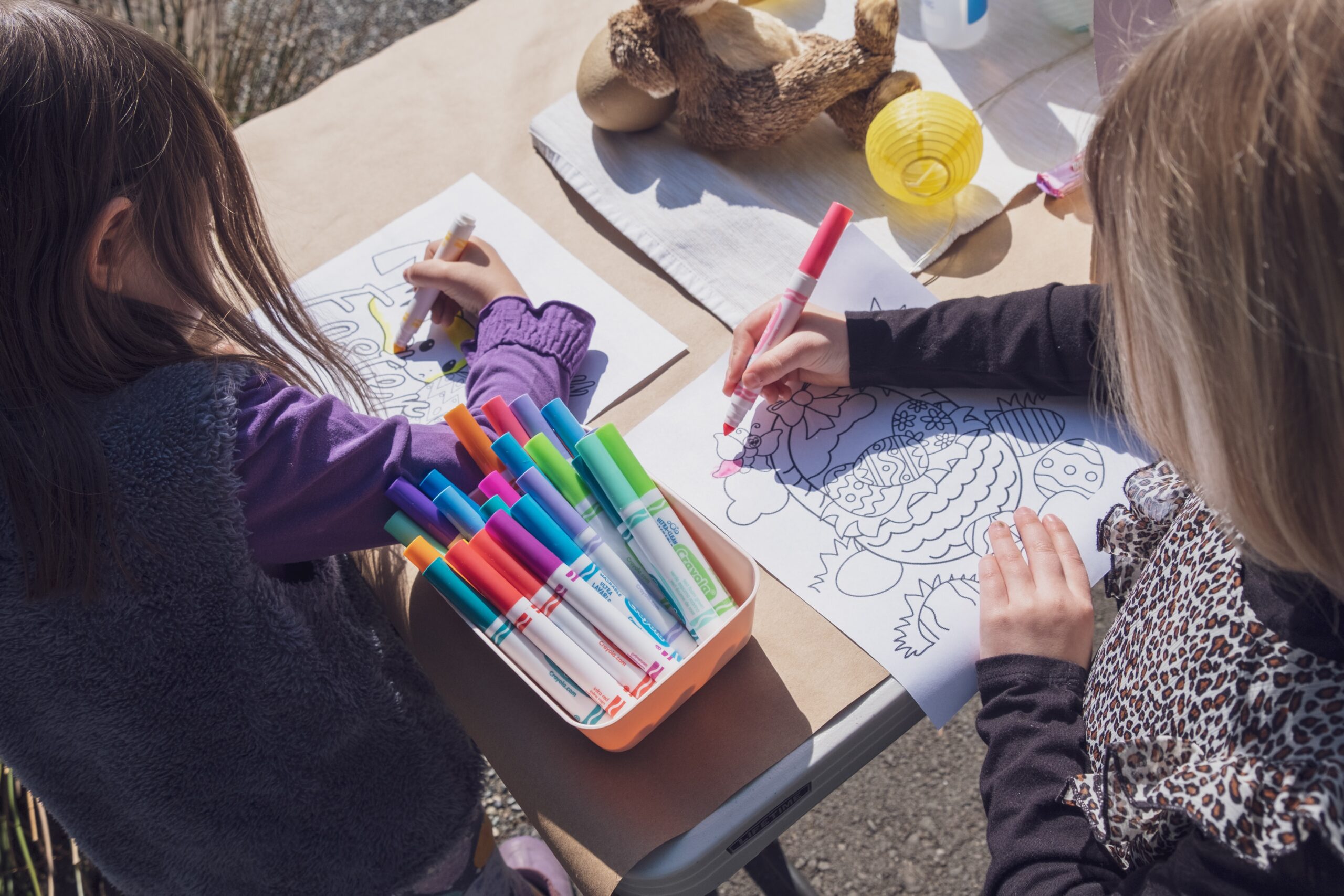Services


Young Children (Ages 3-8)
How Does Play Therapy Help?
Play therapy helps children:
- Become attuned to their behavioral patterns to create new coping strategies
- Solve problems in new and creative ways
- Develop respect and acceptance of self and others
- To experience and express emotion with awareness and sensitivity
- Cultivate empathy and respect for the thoughts and feelings of others
- Learn new social skills and relational skills with family
- Develop self-efficacy and confidence in their unique abilities
Play therapy allows children to thrive and grow into confident adults. The practice of play therapy requires extensive, specialized education, training, and experience, giving practitioners the necessary tools to set your child up for success.
What is play therapy?
Play therapy refers to a large number of treatment methods, all applying the therapeutic benefits of play. Play therapy helps children to address and resolve their own problems, and builds on the natural way that children learn about themselves and their relationships in the world around them.
The Association for Play Therapy defines play therapy as the “systematic use of a theoretical model to establish an interpersonal process wherein trained play therapists use the therapeutic powers of play to help clients prevent or resolve psycho-social difficulties and achieve optimal growth and development.
Tweens (ages 9-12)
Play therapy is an effective way in helping tweens through the struggles of transitioning from childhood to adolescence.
During the “tweenage” years, our clients are rapidly changing. They are physically developing with the onset of puberty, increasing their brain development (resulting in more abstract thinking), and they are developing socially.
Helping tweens means understanding their stage of development.
Tweens straddle operational and formal operational stages of development.

During Piaget’s Concrete Operational Stage (ages 7-11), children:
- Gain a better understanding of mental operations;
- Begin thinking logically about concrete events but have difficulty understanding abstract or hypothetical concepts; and
- Understand time, space, and quantity, but cannot apply them as independent concepts.
During Piaget’s Formal Operational Stage of Development (ages 11/12 into adulthood), people:
- Become more sophisticated and advanced in their thinking;
- Develop theoretical, abstract, and hypothetical thinking; and
- Can apply concepts learned from one context to another.
Child-centered play therapy with tweens can be very effective and should be the foundation of all and any play therapy provided.
Child-centered play therapy is the foundation of all play therapy. We must allow tweens to explore, express, and experience their feelings, perceptions and thoughts through their play in order to see and better understand what they are experiencing. This allows us to share in their experience and build essential rapport through tracking, reflecting, and holding space in a child-centered way.
Once we have built essential rapport through tracking, reflecting and holding space; observed a tween’s free play; and considered their developmental level and any history of trauma, it is often appropriate to bridge into facilitative and directive play therapy techniques. The purpose of facilitative interventions is:
- Assessment
- Rapport building and maintenance
- Exploration and expression of inner world and emotions
- Psycho education and skill building
- Empowerment/ mastery



Teens (ages 13 to 17)
Teens, just like adults, can benefit greatly from therapy.Adolescent therapy helps teens deal with specific emotions. It can also help navigate challenges facing adolescents, manage life stressors, and adjust to major changes.
The support of a professional can help teens understand themselves better, express themselves, make better decisions, and live emotionally balanced lives.
Adolescence is a crucial time of developmental transition into adulthood. Teen years are characterized by exploration, novelty-seeking, goal setting, risk-taking, social interaction, and the continued development of critical reasoning skills.
Because of their still developing, emotionally driven brains, teens are vulnerable to extreme emotions, underdeveloped impulse control, and experimentation with drugs and alcohol. This makes the adolescent years a unique time of challenge and opportunity for positive growth and development.
Teens benefit from therapy
Adolescents experience emotions more intensely than adults. This can lead to extreme feelings of euphoria, anger, or sadness depending on the circumstance.
Teens are at risk for anxiety and depression. In fact, depression is the most common emotional health issue facing teens.More than three million youth ages 13 to 17 have at least one major depressive episode.
Here are some key challenges therapy can help your teen with:
- Anxiety
- Sexuality
- Depression
- Peer pressure
- Social anxiety
- Gender identity
- Academic pressure
- Home life struggles
- Communication skills
- The stress of social media
- Bullying (in school or on social media)
- Live changes (divorce, attending a new school or moving to a new state)
Helping your teen function best
Therapy helps teens understand the root cause of their feelings, thoughts, and behaviors, and gives adolescents the tools to make beneficial changes to help them feel and function better. Counseling helps teens work through issues and empowers them to use what they learn to find solutions to the issues they face.
Attending therapy sessions can help improve a teen’s self-confidence, overall mood, and self-esteem. Through therapy, teens learn and strengthen vital skills such as emotion regulation, effective communication, empathy, assertiveness, and self-awareness.
Parent/Caregiver Support
Parenting brings both sheer joy and significant meaning to our lives; however parenting can also be quite a challenge. And this challenge becomes even more difficult when our child experiences his or her own personal struggles. That is why we provide therapeutic support to parents and caregivers of all family types to have a safe space to express their concerns, joys, worries, and questions regarding parenting and raising children.
After gathering all the information you can provide on your child during the initial assessment session, the therapist can provide the parent(s) and/or caregiver(s) with a variety of information through psycho education about their child’s current circumstance(s) that may be contributing to his or her distress. By developing a greater sense of how specific factors impact the psychological functioning of their child, parents/caregivers are better able to understand and therefore more equipped to successfully help their child/children. Aside from psycho education, Parent Caregiver Support Sessions may include such specific information and tools regarding these topics:
- Parenting style
- Parenting strategies
- Foster and adopted children
- Behavioral management
- Structuring the home environment
And any topic you have specific concerns/questions about


